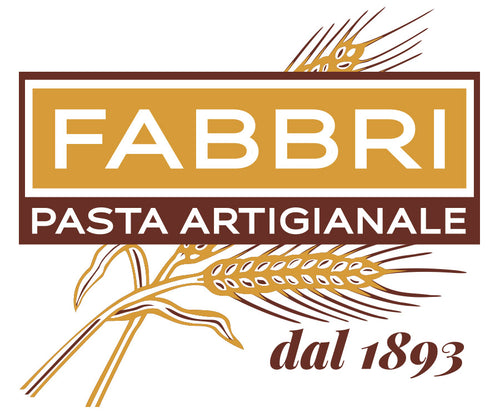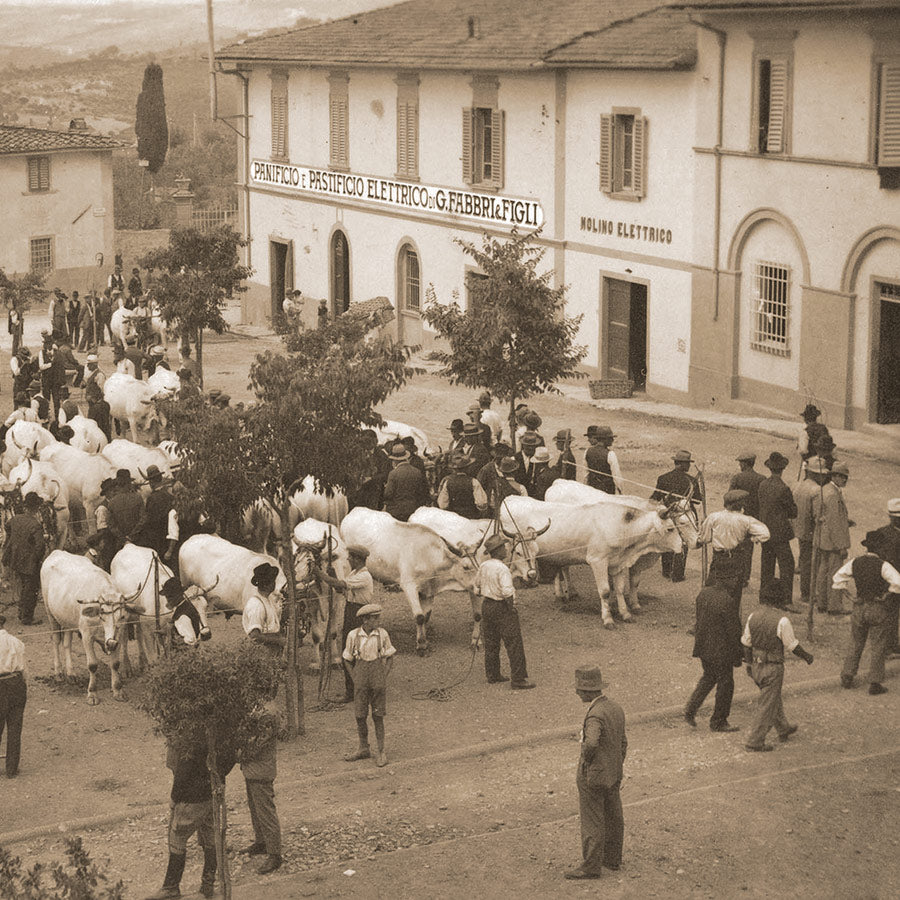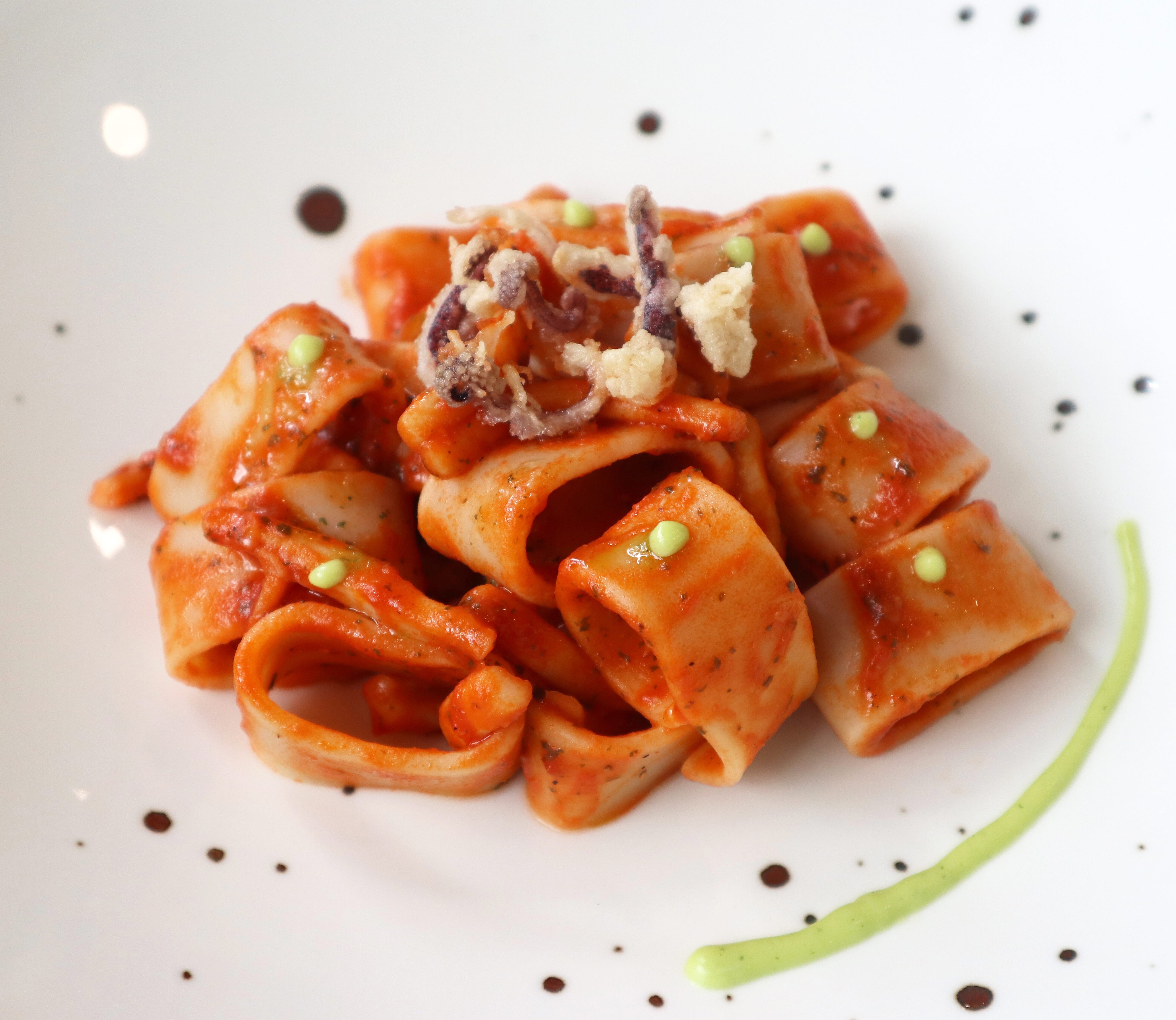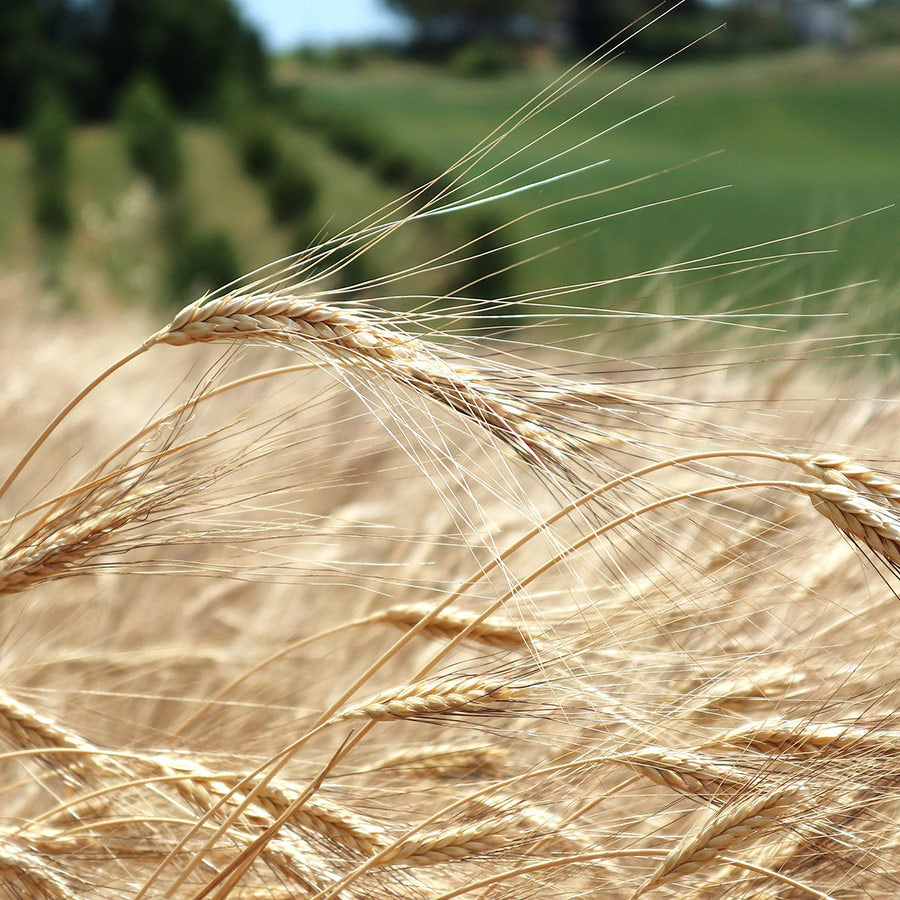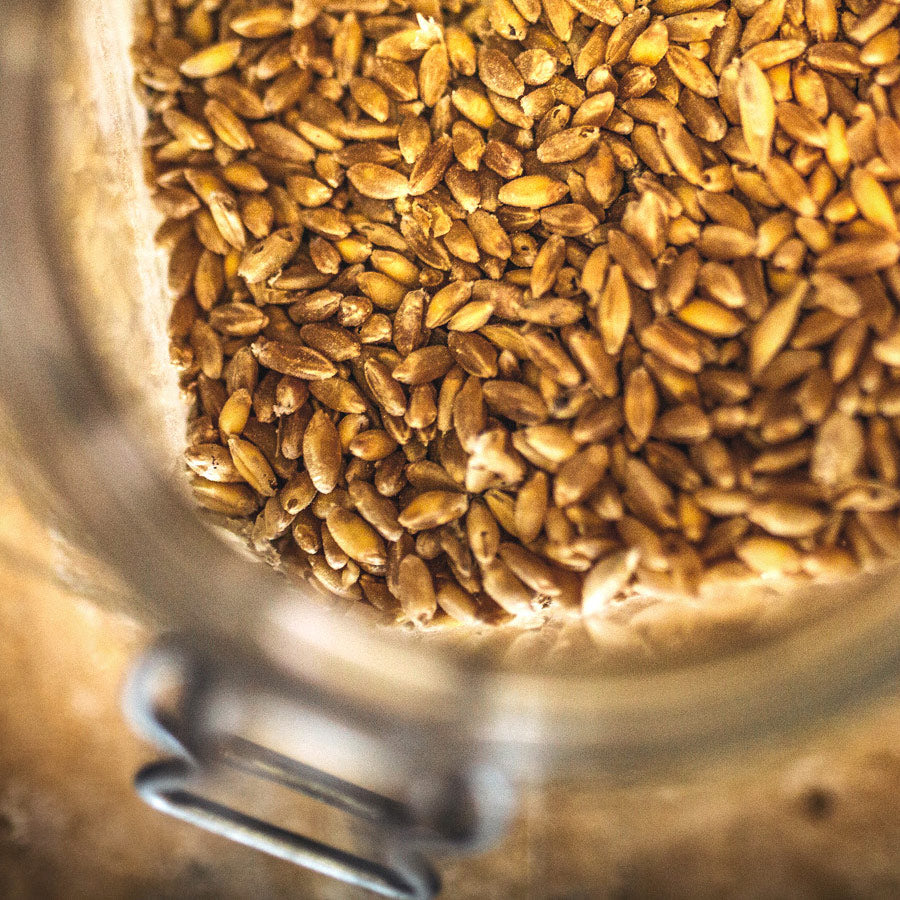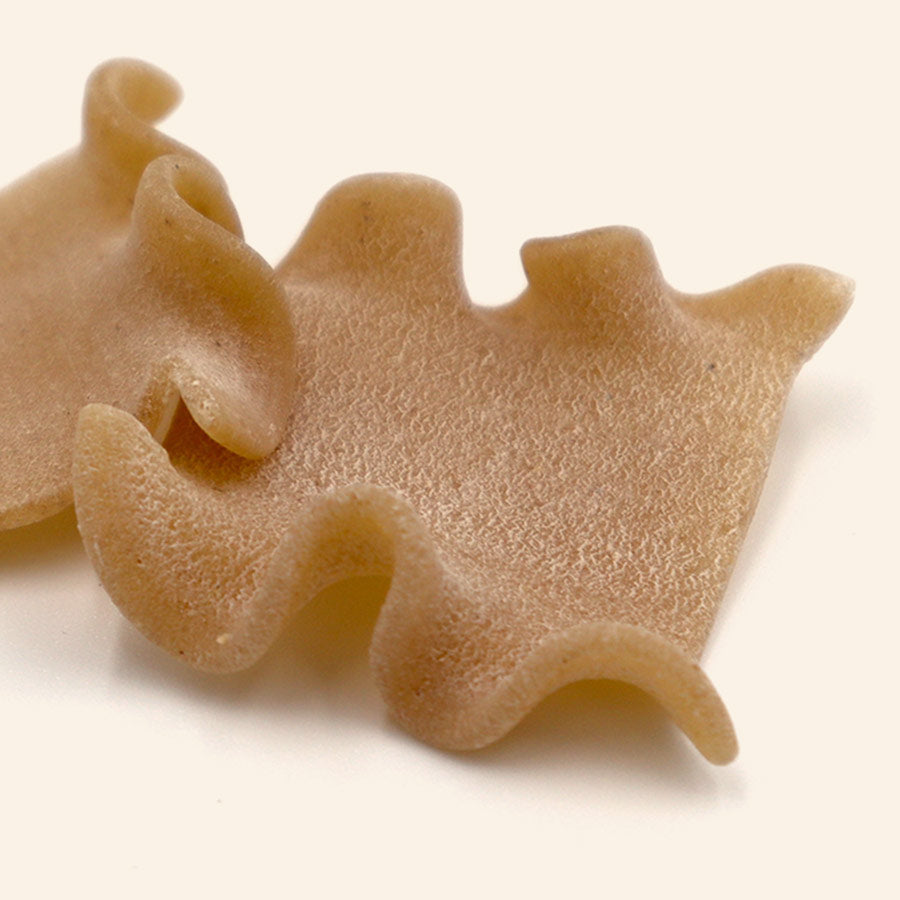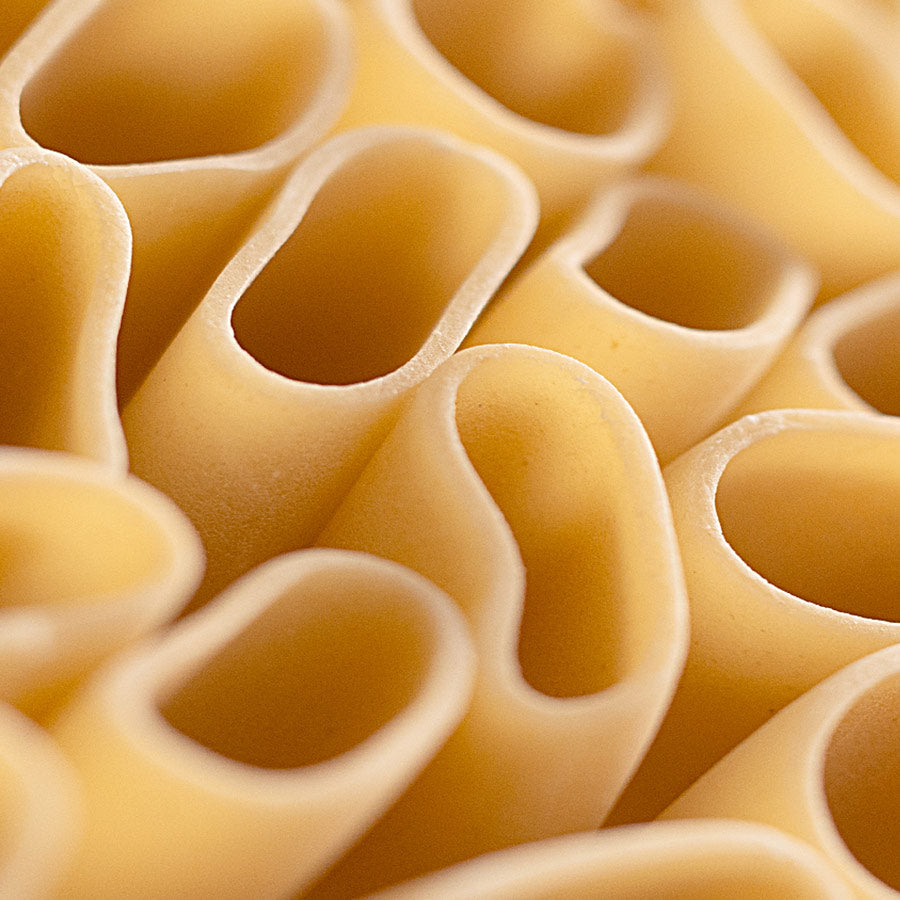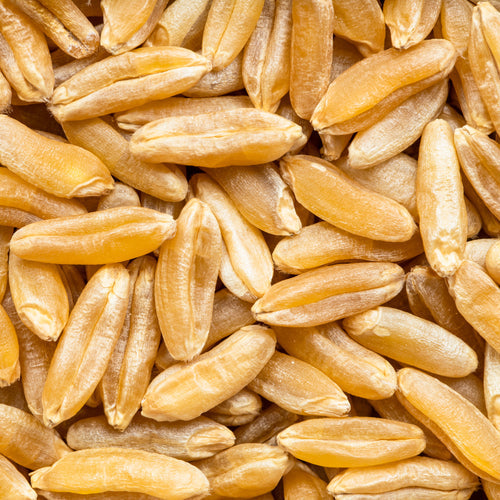Effect of Khorasan Wheat on Irritable Bowel Syndrome

While some pasta producers praise the health benefits of consuming pasta made from ancient grains, research has chosen us at Pastificio Artigiano Fabbri as a reference point thanks to our natural drying method.
Research: "Effect of Khorasan Wheat on Irritable Bowel Syndrome" 2014
Francesco Sofi, Anne Whittaker, Anna Maria Gori, Francesca Cesari, Elisabetta Surrenti, Rosanna Abbate, Gian Franco Gensini, Stefano Benedettelli and Alessandro Casini
Objectives:
The aim of this study was to examine whether a diet using products made from organic ancient Khorasan wheat could offer additional benefits in reducing glucose, insulin, lipid, and inflammation levels, and in restoring the oxidative balance of the blood in patients with type 2 diabetes (T2DM), compared to a diet with products made from modern organic wheat.
Methods:
We conducted a randomized, double-blind, crossover study with 21 patients with T2DM (14 women and 7 men). Participants were asked to consume products (bread, pasta, crackers, and biscuits) made from semi-whole organic wheat flour, either from ancient Khorasan wheat or modern wheat, for 8 weeks, in a random order. An 8-week washout period was implemented between the two interventions. Laboratory analyses were performed at the beginning and the end of each intervention phase.
Results:
The metabolic risk profile improved only after the Khorasan wheat intervention period, with a reduction in total and LDL cholesterol (respectively -3.7% and -3.4%), insulin (-16.3%), and blood glucose (-9.1%). Additionally, there was a significant reduction in levels of reactive oxygen species (ROS), vascular endothelial growth factor (VEGF), and interleukin-1ra, along with an increase in total antioxidant capacity (+6.3%). No significant changes were observed after the modern wheat intervention. The differences between the two interventions (before and after) were significant (p < 0.05) for total cholesterol, LDL-c, insulin, and HOMA index.
Conclusions:
A diet based on ancient Khorasan wheat provided additional protection, reducing total and LDL cholesterol, insulin, blood glucose, ROS production, and some inflammatory factors, all of which are crucial aspects in the prevention of type 2 diabetes, compared to a diet with products made from modern wheat.
